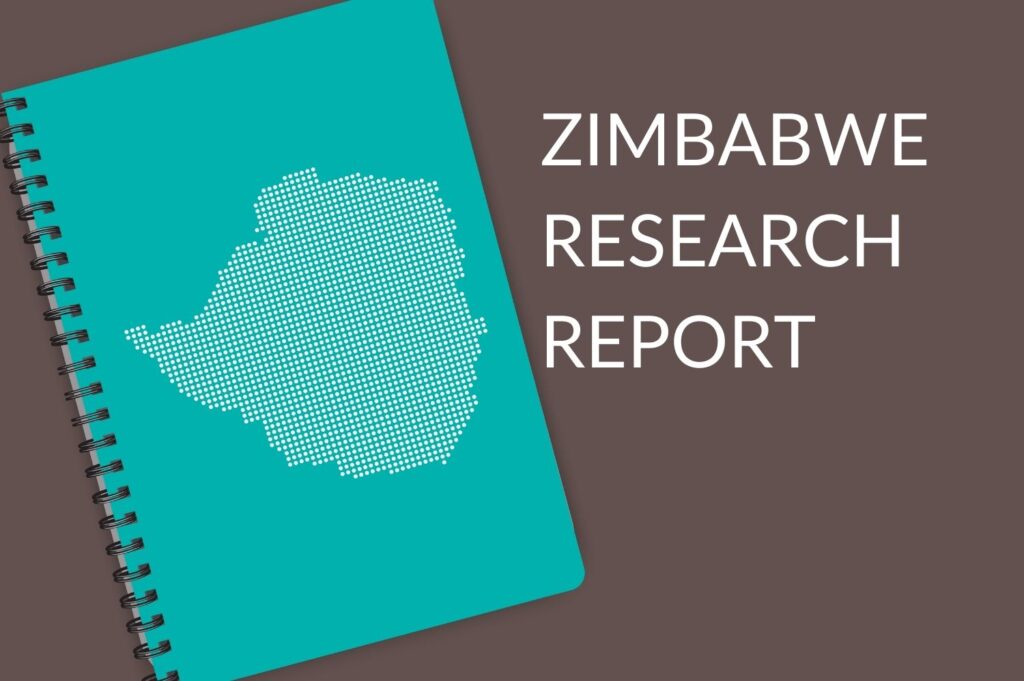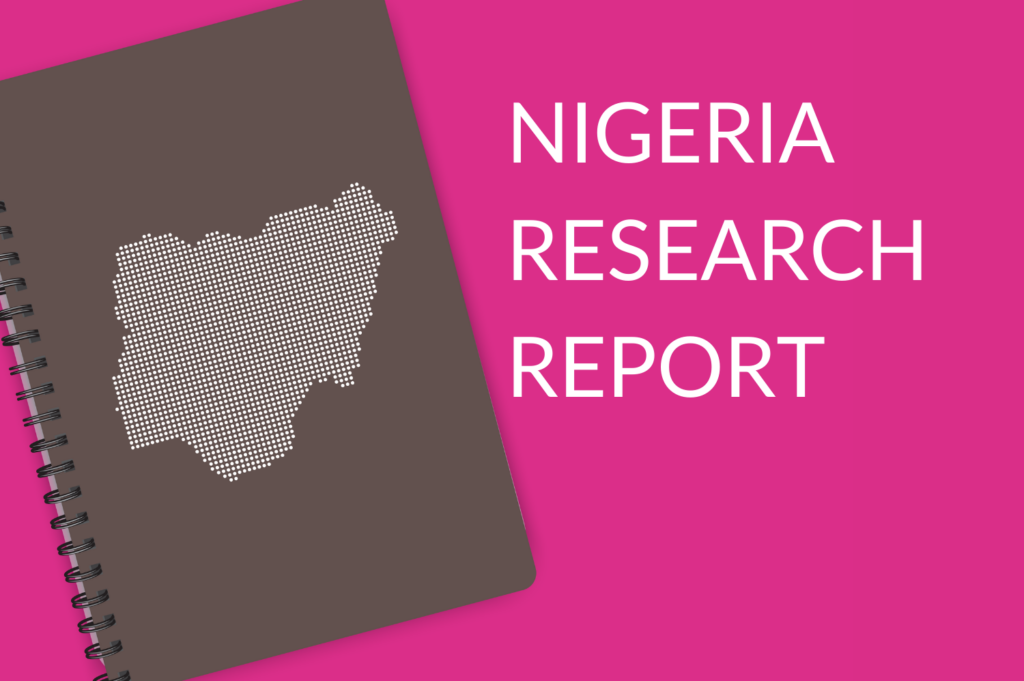Decolonising research: the importance of African, Asian and Latin American reference lists, languages, and journals
Dr Kas Sempere works as a research associate on international development at the Open University (DPP), and is affiliated to the Research, Evidence and Learning Team (REL) in Christian Aid. She is the research coordinator for the Evidence and Collaboration for Inclusive Development (ECID) programme.
As we approach the end of our Evidence and Collaboration for Inclusive Development (ECID) research programme with the publication of research reports and articles, it is important to reflect how we continue to apply a decentralised and decolonial approach in it. In a previous blog, we shared what we did to decentralise research in its first stages. In this blog, we share how we have aimed to keep this approach in the last stages of the research.
- Citing African, Asian and Latin American authors and perspectives – this is an important point. One only has to go to the bibliography of many academic papers to see how few African, Asian and Latin American authors are cited, including in development studies. Research is more abundant in richer countries, with a higher probability of being cited. However, there is also a cultural bias towards citing Western authors, perhaps because we have become familiar with them when studying or researching. In our literature reviews, we sought that at least part of the authors we cited were from the country and continent we were researching. This gives quality to the research, as we include diverse national and international perspectives on the topic of study.
- Citing oral sources – Some journals acknowledge the role of oral culture in research or “orature” (unwritten literature) such as proverbs, idioms, songs, and stories – key in some cultures, such as African cultures. Some of our research outputs have included these, such as Zimbabwe’s research report.
- Being careful with the exclusive use of English as an academic language – this point is a tricky one. On the one hand, English allows us to reach many people. On the other hand, it has a colonial past and present meaning and replaces other languages. Options for us at this moment are to publish in English but search for journals that welcome to publish in other national languages, at least the abstract/summary. Another strategy is to publish in different languages as we have done with another study coordinated by coordinated by the Brazilian feminist organisation SOF and the Research Team at Christian Aid. There, we seek to publish two articles – one in Brazilian in a Brazilian journal and one in English in a European journal.
- Searching journals that are based, edited and/or peer-reviewed in Africa, Asia and Latin America – this is key to gradually consolidate academic structures in these continents. A key criterion in selecting a journal can be that it is coordinated from an African, Asian or Latin American organisation/university. Or, at least, if based in the global North, that it is edited and reviewed by an ethnically diverse team and with a diversity-aware approach. A bias may be to think that global North journals are of better quality. This is not necessarily the case, as many African, Asian, and Latin American journals already compete in the most renowned international ranking bodies for academic impact such as Scopus and the Web of Science. In some cases, they have even created their own rankings and platforms.
- Publishing in open access journals and/or upload final drafts in research repositories – we are aware that many researchers worldwide do not have access to journals that require a fee to access research papers. When possible, we search for open access journals, but this still often comes at a cost for writers. If your journal accepts it, an alternative is to publish the latest draft of the accepted manuscript in research repositories such as Academia and ResearchGate where anyone can access research for free. Additionally, we have made the research reports (larger working papers which constitute the base for the publication of academic articles) available online in our own webpage.
What have you done to make your research more decentralised and decolonised? Share your thoughts with us!



